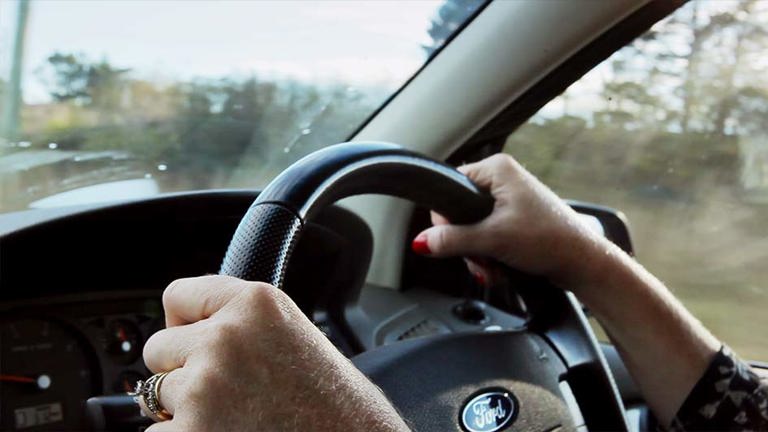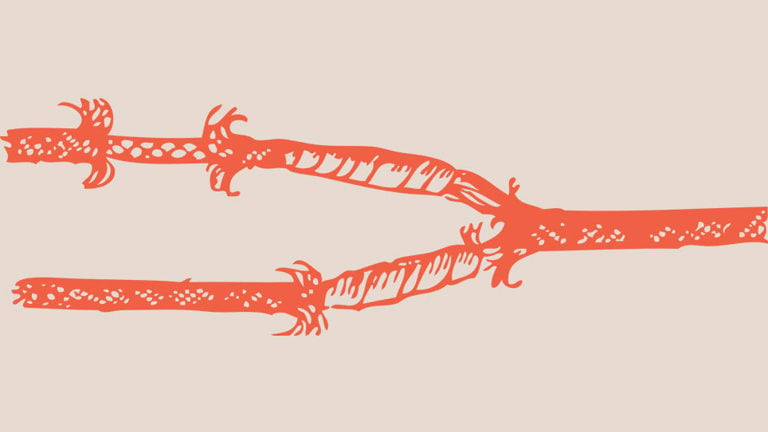Are you about to pick up a shiny new car? Or perhaps you’re wondering if your current insurance is right for you? It’s always a good idea to review your options, but if you’re wondering how to choose a car insurance policy that works for you, there are a few things to consider.
The most important thing, says Marni Jackson, Youi’s Head of Product – Vehicle, is finding the balance between the level of cover or protection you need and how much you want to spend on car insurance.
“It depends on what losses you are looking to protect yourself from, what optional extras you need, which ones you might be able to do without and considering what the impact those decisions have on the premium. Insurance can be a small price to pay to protect you from bigger losses,” she says.
To narrow the search for the car insurance policy that might be best for you and offers the levels of cover you want, here are 10 questions to consider.
1. What will it cost to replace your car?
Estimating the replacement value of your car is crucial – if the worst happens and your car is not repairable, this number becomes very important. Start by considering the age of your vehicle, its condition and the likely cost of putting yourself back on the road.
Replacing a new or valuable vehicle tends to be quite expensive, in which case the relative cost of comprehensive cover could be a good investment.
2. What level of cover do you need?
There are several different levels of cover for car insurance, each of which has a specific purpose that is reflected in the premium you pay.
Compulsory Third Party (CTP)
When it comes to driving your car legally on public roads in Australia, CTP is a requirement in all states and territories. It is the most basic form of coverage, and can provide financial protection for drivers against injuries or death caused to another person in the event of a car accident.
In most states and territories, CTP is included with your registration, but in some states, drivers must have a policy in place before registering their vehicle. Youi provides CTP insurance in NSW (where it's known as a Green Slip)1 and South Australia.
For information on CTP requirements in your state or territory, check out the following links:
- New South Wales
- Queensland
- South Australia
- Western Australia
- Tasmania
- Victoria
- Northern Territory
- Australian Capital Territory
Comprehensive insurance
As the name suggests, comprehensive cover is the most comprehensive type of car insurance, but it’s also generally the most expensive. As well as covering your legal liability, comprehensive car insurance typically covers loss or damage to your car for a wide range of insured events and generally has a longer list of optional extras to cover things like business items in the vehicle or roadside assistance.
Third Party, Fire & Theft
Third party fire and theft car insurance generally covers fire, theft or attempted theft, as well as legal liability. It doesn’t typically cover damage to your vehicle in the event of an accident but is likely to provide you with liability cover for damage caused by your car to somebody else’s vehicle or property.
Third Party Property Only
Third party property only is usually the cheapest type of car insurance and covers damage your car causes to other people’s cars or property if you’re deemed at fault. In most cases, it does not cover damage to your own vehicle.
3. What’s the difference between Agreed Value and Market Value?
When taking out comprehensive car insurance, you’ll usually need to decide whether you want cover for the Agreed Value or Market Value of your vehicle.
At Youi, Agreed Value is the amount you and Youi agree to insure the car for at the time you take out the policy, for the full 12 months term of the policy. The Agreed Value includes any accessories and modifications fitted or made to the car (other than disability or campervan/motorhome modifications).2
Market Value is when you insure your car for what it’s worth at the time of an accident. This means the reasonable and expected cost of replacing the car with one of the same or a similar make, model, mileage and condition, including any factory-fitted accessories.
Which one is best for you? “This one really is a personal preference,” says Jackson.
“Some customers have just purchased their car and have a clear idea of what they would like to insure their car for. Others have finance on the car to take into consideration, and many customers go with a Market Value, which is a value that is representative of what the car is worth at the time of the claim.”
For more information on Agreed Value and Market Value, see Youi’s Car Insurance PDS.
4. Do you want to pay less upfront or save money when you need to make a claim?
An excess is the amount you choose to pay when you make a claim. The higher your excess, the lower your premium. Youi offers some flexibility around your standard excess, which allows you to choose to pay a higher excess in the event of a claim and save money on your premium. Or, you can choose to have a lower basic excess in the event of an accident and pay a higher premium.
While this is something that many insurance companies offer, some don’t give you the option. If you’re interested in looking at an excess amount that might work better for you, ask Youi for the details or see the Car Insurance PDS.
5. Do you need roadside assistance included?
There’s nothing worse than breaking down in the middle of the night and being stuck at the side of the road, not knowing who to call. While many insurance companies offer roadside assistance, some only offer it as an optional extra.
At Youi, if you have a Comprehensive policy, you have the peace of mind that roadside assistance is automatically included.3 This also applies to electric vehicles, of which, at the end of 2022, there was estimated to be more than 83,000 in Australia.4
6. Do you need cover for modifications?
Modified vehicles can be more expensive to insure, but it's important that you provide full details of any modifications to your car when speaking to your insurance provider.
It’s also important to consider whether you have an Agreed Value or Market Value policy for your modified car. If you have an Agreed Value policy, it should reflect the replacement cost of the car plus all after-market accessories and modifications to your car. If you have a Market Value policy and the car has after-market accessories or modifications, select an appropriate amount of additional coverage for these.
7. What’s the age of your youngest driver?
If you have a teenager with a shiny new Learner’s Permit or P plates, or a young adult (aged 25 or under) in the house, this one’s for you. The age of the youngest person who is driving your car will be considered when calculating your annual premium – which may likely be higher as a result.
There are some ways to potentially save money in this situation – if you are a multi-vehicle household, for example, consider allowing young drivers to drive just one vehicle, or limit their use in other ways.
If they’re not driving your car regularly, it might be possible to add them to the policy for times when they will be and remove them again later; your premium will be adjusted accordingly.
8. What are your driving habits?
Some insurers, such as Youi, will consider how you use your car when calculating your premium. Depending on your driving habits, you may pay less if you don’t use your car often. If you drive to work every day or do regular long-distance trips in your car, you may pay more than if you are only using it to do your weekly grocery shopping.
9. Where do you park your car overnight?
In much the same way as Youi looks at your driving habits, where you park is also considered. If you park your car off the street and in a locked garage at night, or if it’s locked up at home while you catch public transport to work every day, you may qualify for lower premiums. Taking preventive measures against theft, such as installing a car alarm, is also a good idea, says Jackson.
10. Do you need other insurance products?
Whenever you’re looking for new car insurance, it might be worth reviewing all of your other policies too, such as home and contents insurance, watercraft or caravan cover. By bringing all your policies into one place, you could save a whole lot of time and hassle. Consider starting a quote with Youi today.
There are a number of things to keep in mind before you decide on a car insurance policy – or policies – that might be best for you. However, by staying informed and keeping these 10 questions in mind, you can help protect yourself against unexpected events and changing circumstances.
1 Source: NSW Government – What is a Green Slip?
2 For more details, see the Car PDS
3 Available with Comprehensive policies. Exclusions, limits and additional fees may apply. Cover not available within first 24 hours of taking out, or upgrading to, Comprehensive cover. For more details, see the T&Cs and Car PDS
4 Source: Electric Vehicle Council – Australian Electric Vehicle Industry Recap 2022




